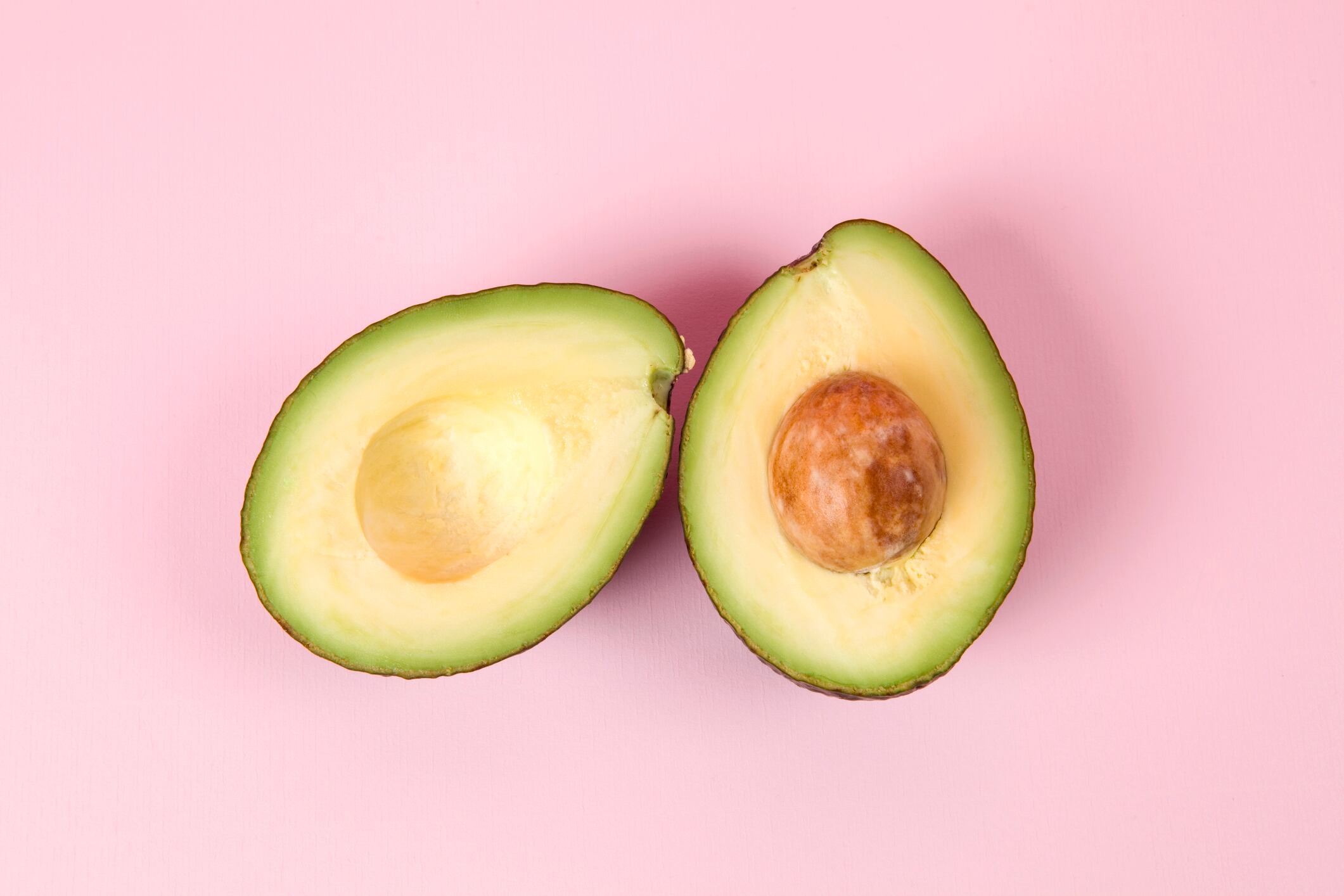The University of Guelph research team, which was led by Prof. Paul Spagnuolo, focused on a compound called avocatin B (AvoB). Data published in Molecular Nutrition and Food Research showed that the compound inhibited fatty acid oxidation and may protect against diet‐induced obesity‐induced insulin resistance.
Prof Spagnuolo told NutraIngredients-USA that, having received Health Canada approval for the ingredient, sales of AvoB in powder and pill forms will begin in 2020 through the newly formed SP Nutraceuticals Inc. A product containing the active ingredient is anticipated to be available in the US by mid-late 2020, he said.
“Provisional patents have been filed protecting the use and formulation chemistry,” said Prof Spagnuolo. “The latter is key, as we know these molecules are poorly bioavailability, so formulation chemistry is required to ensure a meaningful product is created.”
Building the science
The potential anti-obesity benefits of AvoB focused on fatty acid oxidation (FAO) by the mitochondria – those energy powerhouses in the body’s cells.
Normally, fatty acid oxidation allows the body to burn fats, but obesity or diabetes are reported to hinder that process, leading to incomplete oxidation.
The University of Guelph research team found that AvoB could counter that incomplete oxidation in skeletal muscle and the pancreas to reduce insulin resistance.
Lab mice were fed high-fat diets for eight weeks to induce obesity and insulin resistance, and then the animals were divided into two groups for five more weeks, with half receiving AvoB in addition to their high-fat diets.
The results showed that mice in the AvoB group weighed significantly less than those in the control group, showing slower weight gain. In addition, and more importantly, the AvoB fed mice showed greater insulin sensitivity, meaning that their bodies were able to absorb and burn blood glucose and improve their response to insulin.
Prof Spagnuolo and his team also performed a Phase 1 clinical trial with human subjects eating a typical western diet, and found that AvoB from dietary supplements was absorbed safely into the blood without affecting the kidney, liver or skeletal muscle.
Reductions in weight in the humans was also recorded, although Spagnuolo said the result did not reach statistical significance.
“Our study shows that AvoB inhibits excessive FAO in beta‐cells which improves mitochondrial glucose oxidation and restored GSIS [glucose‐stimulated insulin secretion] (i.e., through improved mitochondrial function and reduced ER [endoplasmic reticulum] calcium leak),” wrote the researchers in Molecular Nutrition and Food Research.
“These improvements in pancreatic beta‐cell function along with the improved insulin sensitivity in skeletal muscle likely combine to contribute to the beneficial whole‐body insulin responsiveness and glucose tolerance observed in vivo.”
The team is now planning to conduct clinical trials of AvoB in people with metabolic ailments. Prof Spagnuolo told us that they have selected the CRO, KGK Science, and are working to design the protocol, etc. “We expect to submit for regulatory approval in December 2019.”
Sourcing the avocados
Prof Spagnuolo said that people are unlikely to achieve the benefits observed in this study by eating avocados alone, as the amount of natural avocatin B varies widely in the fruit, and absorption and digestion of the compound has not been fully elucidated.
Sourcing of avocados has “perhaps been the biggest challenge given that AvoB is not found in all avocado sources we have tested,” he told us. “In fact, most sources do not have it! We have established great relationships with several suppliers and are now working closely with them to provide us with top quality and responsibility sourced material.”
Source: Molecular Nutrition and Food Research
Published online ahead of print, doi: 10.1002/mnfr.201900688
“Avocatin B Protects Against Lipotoxicity and Improves Insulin Sensitivity in Diet‐Induced Obesity”
Authors: N. Ahmed et al.


